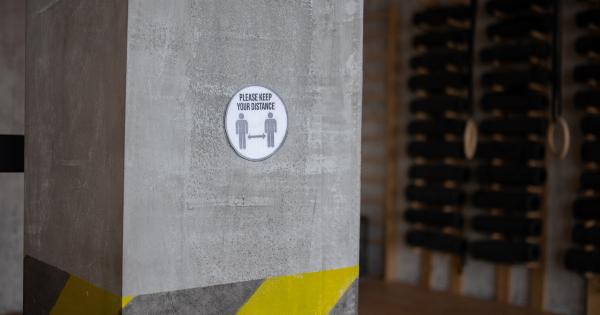A gastroscopy, also called an upper endoscopy, is a medical procedure used to examine the inside of the upper digestive tract. It is performed using a thin flexible tube with a camera attached to it, called an endoscope.
This procedure is used to diagnose various conditions such as ulcers, inflammation, and even cancer.
Here are some tips on how to prepare for a gastroscopy:.
Consult with Your Doctor
Before scheduling your gastroscopy, it is important to consult with your doctor about any medical conditions and medications you are currently taking.
You may need to stop certain medications before the procedure, such as blood thinners or nonsteroidal anti-inflammatory drugs (NSAIDs), as they can increase the risk of bleeding. Your doctor will also discuss any allergies or medical conditions you may have, as this can affect your ability to undergo the procedure.
Fast Before the Procedure
You will need to fast for six to eight hours before the procedure. This means you cannot eat or drink anything, including water.
Fasting is essential to allow your stomach to empty, which makes it easier for the doctor to visualize the lining of your stomach and take biopsies if necessary.
Arrange for Transportation
Since you will be sedated for the procedure, you will not be able to drive home afterward. Arrange for transportation with a trusted friend or family member to take you home after the procedure.
You will also need to rest at home for the remainder of the day, so plan your schedule accordingly.
Wear Comfortable Loose Clothing
Wear comfortable, loose clothing on the day of your gastroscopy. This will allow for easy movement and make it more comfortable for you during the procedure.
Avoid tight-fitting clothing, such as belts or waistbands, which can be restrictive and cause discomfort.
Prepare Your Mindset
The thought of undergoing a medical procedure can be stressful for some people. It is important to prepare yourself mentally for the procedure by talking to your doctor or a mental health professional if necessary.
Knowing what to expect and asking questions can help alleviate anxiety and make the procedure more manageable.
Inform the Medical Staff of Any Complications
If you experience any complications during the procedure, such as chest pain or difficulty breathing, inform the medical staff immediately. These symptoms can indicate a serious medical condition that requires immediate attention.
Follow Post-Procedure Instructions
After the procedure, your doctor will provide you with instructions on how to care for yourself. Follow these instructions carefully to ensure a quick and full recovery.
You may experience some mild discomfort, such as a sore throat or bloating, but this is normal and should subside within a few days.
Conclusion
A gastroscopy is a safe and effective procedure used to diagnose various digestive tract conditions.
Preparing for the procedure involves following your doctor’s instructions, fasting, arranging for transportation, and wearing comfortable clothing. Being mentally prepared and informing the medical staff of any complications can also help the procedure go smoothly. By following post-procedure instructions, you can ensure a swift and full recovery.






























